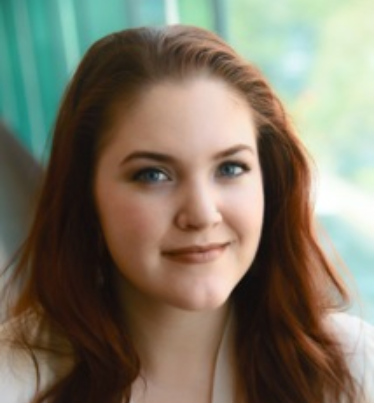When Rossini died in 1868, Verdi proposed that a Requiem should be written in honour of the great man. Thirteen leading Italian composers, including himself, would each be invited to contribute a movement. Somewhat predictably, initial enthusiasm for the idea soon gave way to all sorts of professional rivalries, and when it also became clear that the piece would be little more than an unconvincing pot-pourri, the scheme had to be abandoned.
In 1873 the Italian poet, novelist and national hero Alessandro Manzoni died. Verdi had been a lifelong admirer and was deeply affected by his death. He decided to write a Requiem in Manzoni’s memory, and began by re-working the Libera me which he had composed five years earlier for the ill-fated Rossini project. Though it is Verdi’s only large-scale work not intended for the stage, the Requiem is unashamedly theatrical in style, with passages of great tenderness and simplicity contrasting with intensely dramatic sections. Writing at the time, the eminent conductor and pianist Hans von Bülow aptly described it as “Verdi’s latest opera, in church vestments.”
The first performance of the Messa da Requiem took place on May 22, 1874, the first anniversary of Manzoni’s death, in St. Mark’s Church, Milan. Special permission had to be obtained from the Archbishop for the inclusion of the female choristers, who were hidden behind a screen and clad in full-length black dresses and mourning veils. Though it was a successful performance, the restrained circumstances and prohibition against applause produced a somewhat muted reaction. In contrast, the second performance three days later, at La Scala Opera House, was received by the capacity crowd with tumultuous enthusiasm. The Requiem became an overnight sensation, and was equally ecstatically received at the many European performances that soon followed. Its British premiere took place in May 1875 at the Albert Hall, conducted by Verdi himself, with a chorus of over 1000 and an orchestra of 140. One journalist described the work as “the most beautiful music for the church that has been produced since the Requiem of Mozart” – a view that was echoed by most people. However, a significant minority found it offensive that Verdi, an agnostic, should be writing a Requiem. For them the very qualities which made his music so ideally suited to the theatre made it wholly unacceptable for the church. Today this difference between traditional sacred music and Verdi’s operatic treatment of the Requiem text no longer presents a problem.
The work begins with a hushed and solemn falling phrase on the cellos, a motif that recurs later. After the opening Requiem aeternam (Rest eternal), the Kyrie follows, introduced by the four soloists. Here the operatic nature of the piece is clearly revealed, with its expansive rising melody and wide dynamic contrast.
The lengthy second movement, Dies irae (Day of wrath, day of judgement), is a sequence of nine widely contrasting sections containing some of Verdi’s most dramatic and emotional music, notably the terrifying Dies irae theme with doom-laden thunderclaps provided by the bass drum; the on- and off-stage trumpets representing the “last trump” of Biblical prophecy; and the tender pleading of the Salva me (Save me). The Dies irae motif is never far away, but eventually the terrors of the Last Judgement give way to the heartfelt Lacrymosa dies illa (That tearful day), and quiet final prayer, Dona eis requiem (Grant them peace).
For the Offertory Verdi adopts a much more liturgical idiom, with a predominantly four-part vocal texture over a restrained accompaniment for the soloists’ Domine Jesu. Trumpet fanfares announce the exhilarating Sanctus & Benedictus, an animated fugue for double chorus based on an inversion of the opening cello motif, with colourful, scurrying orchestral writing
The Agnus Dei sounds at first as if it is from some remote region. After the rich romanticism of much of the earlier music, Verdi presents us with an austere, unaccompanied duet, in bare octaves. The chorus answers, also in octaves but with the addition of a small group of instruments, and then, as the second and third statements of the Agnus Dei text progress, the music grows in richness and warmth. Lux aeterna (Light eternal) is a short movement for a trio of solo voices, sometimes unaccompanied and sometimes supported by shimmering strings.
After the chant-like opening of the final movement, Libera me (Deliver me), and a short arioso for the soprano soloist, Verdi returns to the original Dies irae and Requiem aeternam themes. The extended final section of the work is another energetic fugue, again loosely based on a version of the cello motto. After a tremendous climax the work gradually moves towards a quiet end, though the concluding prayer of supplication, surely reflecting Verdi’s own uncertainty, noticeably lacks the final serenity and assurance of salvation found in most other Requiems.
Few choral works have captured the public imagination in the way that Verdi’s Requiem has. The uncomplicated directness of his style, his soaring, lyrical melodies which lie perfectly for the human voice, the scintillating orchestration and, most significantly, the work’s extraordinary dramatic and emotional intensity, all contribute to the Requiem’s status as one of the great icons of Western music. - John Bawden

















